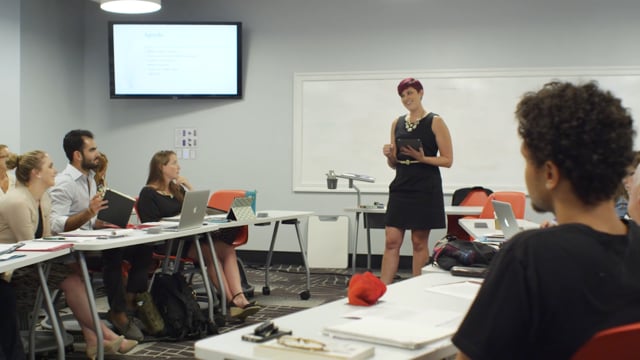MA
Marriage and Family Therapy
Format & Location
On-Campus (¹ú²úÉ«ÇéƬ, CT)
School/College
School of Education & Human DevelopmentStart Dates
Fall (September), Spring (January)
Application Deadline
March 1, October 1
Completion
36 months-72 months
Schedule
Full-Time or Part-Time
Attend a Virtual Information Session
Check for Upcoming Dates
The Marriage and Family Therapy program curriculum and clinical training focuses on preparing you to work in a wide variety of professional settings with diverse populations experiencing a broad range of problems.
Find Out More
Course Requirements
60 credits
Contact Us
Graduate Admission
gradadmis@fairfield.edu
(203) 254-4184
Request Program Info
Want details on courses, schedules, and financial aid? We're here to help.
Loading...




